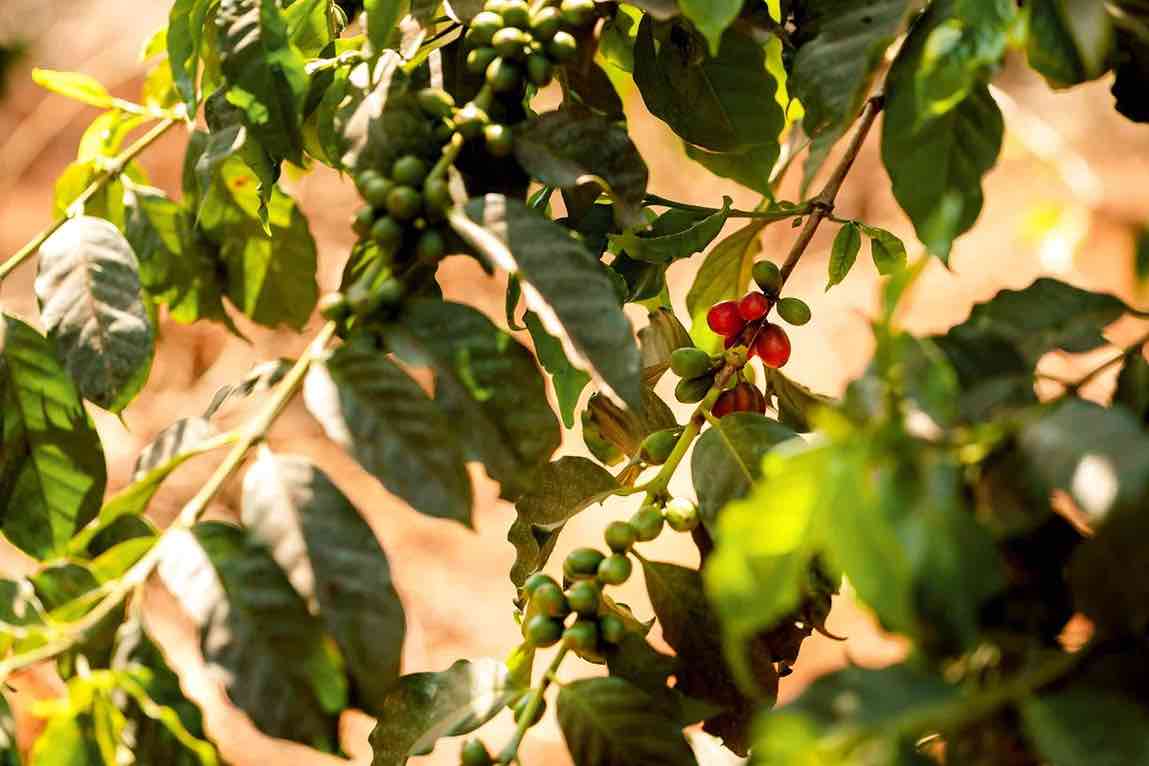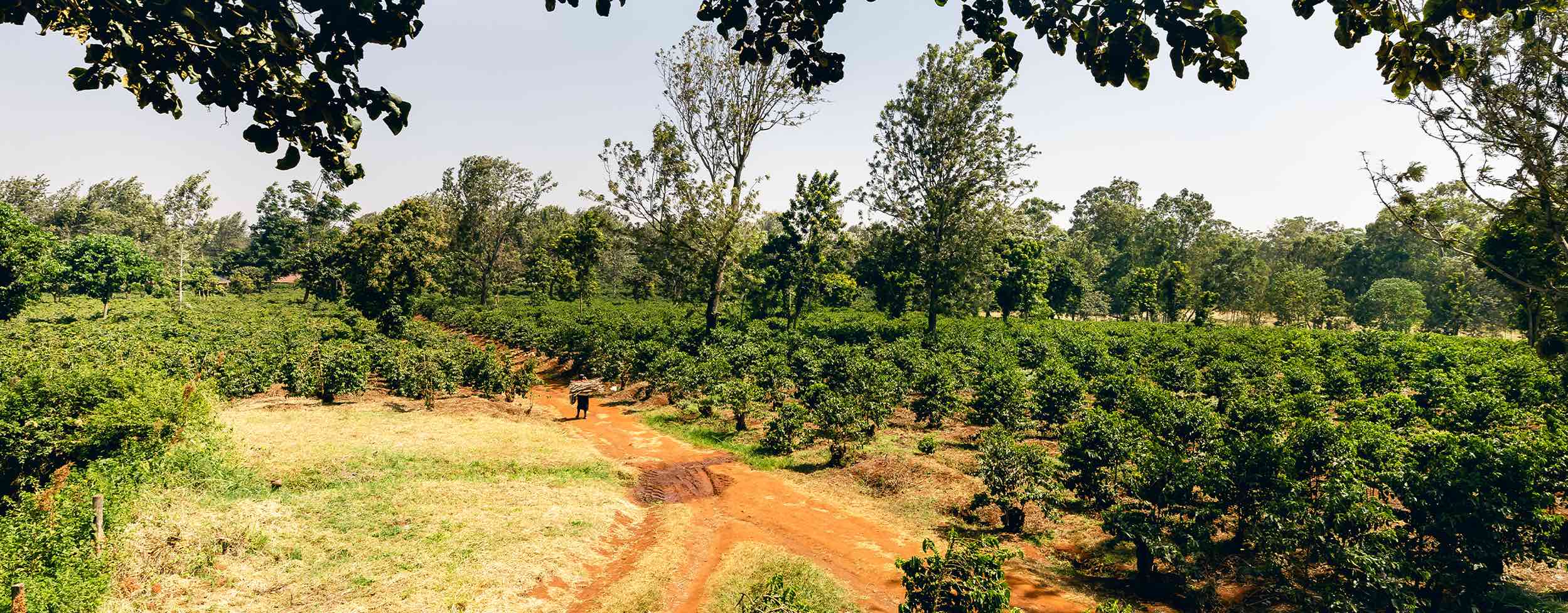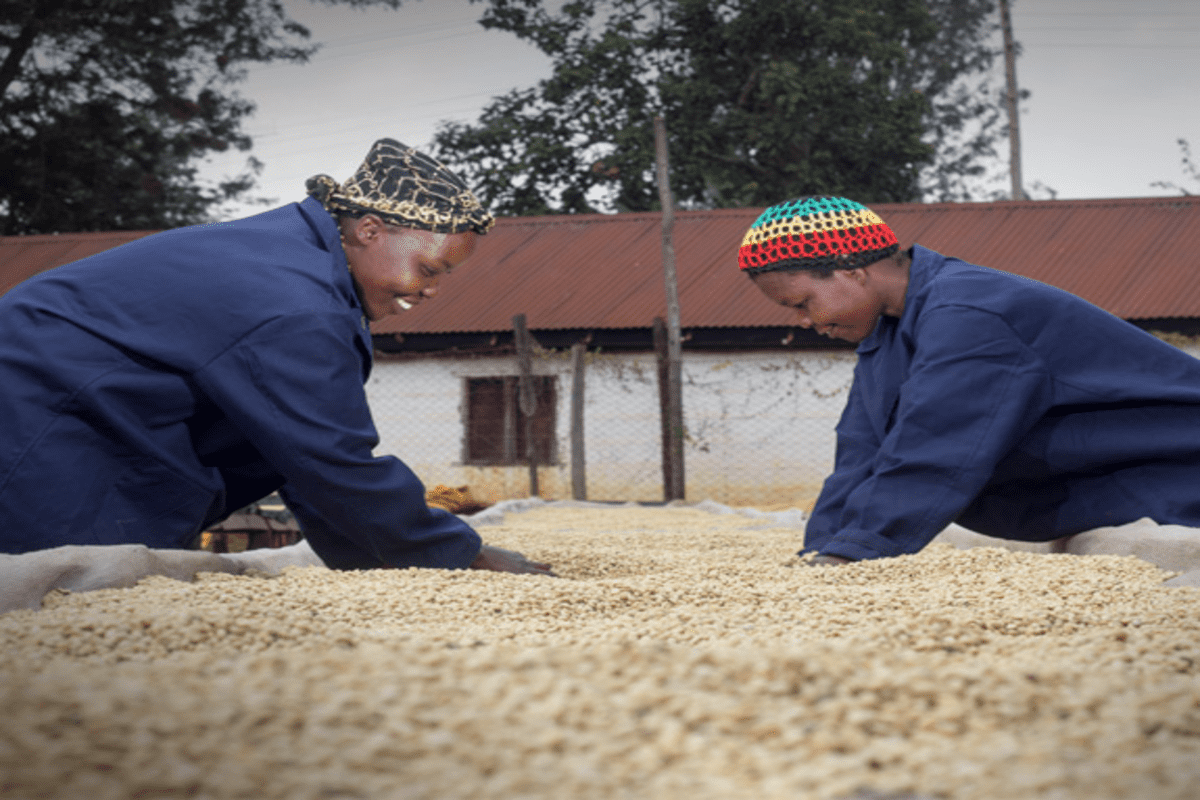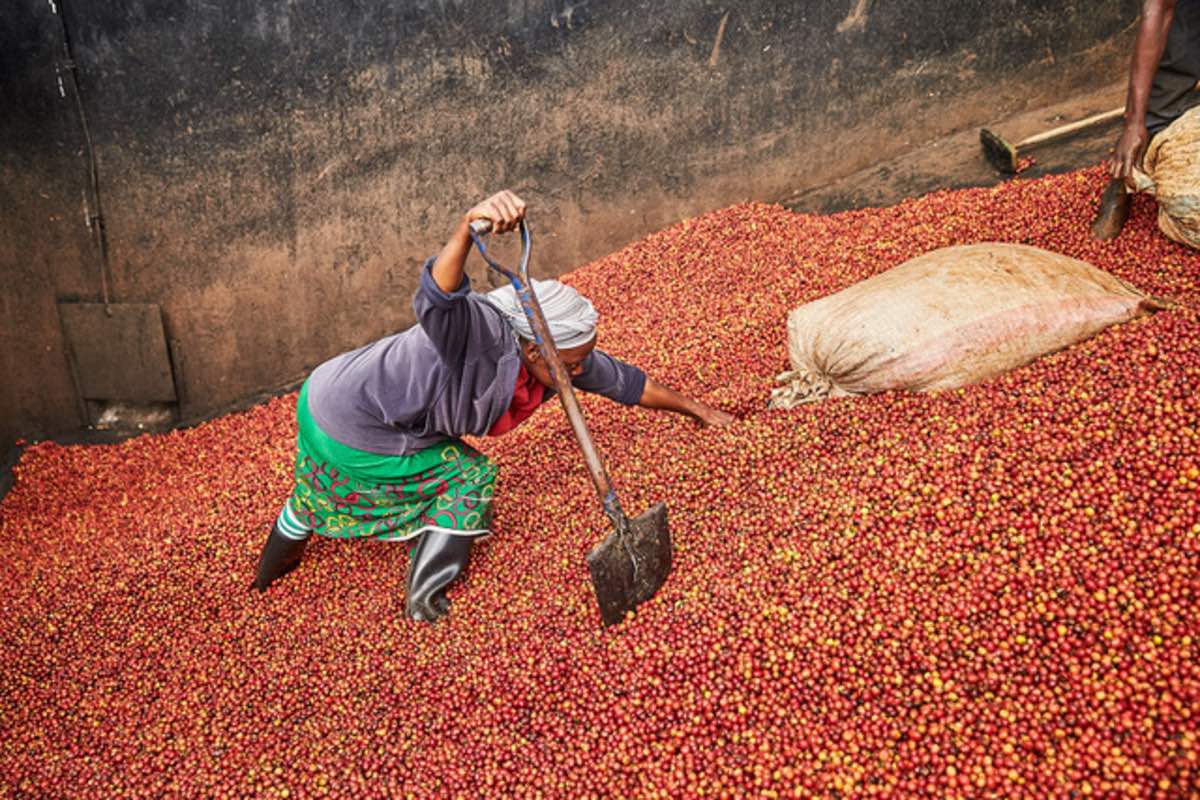
Exploring Arabica Coffee (Coffea Arabica)
Introduction : Exploring Arabica Coffee (Coffea Arabica)
Arabica coffee (Coffea arabica) is believed to have originated in the highlands of Ethiopia, in the region known as the “Ethiopian coffee forest”. According to popular legend, the discovery of coffee’s energizing effects occurred when a goat herder named Kaldi noticed his goats becoming unusually energetic after consuming the red berries from a certain plant. Intrigued by this, Kaldi sampled the berries himself and experienced a similar burst of energy.
The story of Arabica coffee is one that intertwines ancient traditions, tales of discovery, and a fervent love for the art of brewing. From its mythical beginnings to its current prominence, the history of Arabica coffee is a tale that illuminates the human fascination with flavor, trade, and community. Join us as we unravel the captivating narrative of how this remarkable bean became an integral part of our world, connecting distant lands and generations through the shared pleasure of a simple cup of coffee.
- The Appeal of Arabica: Arabica’s allure lies in its exceptional taste, marked by mild acidity and delightful complexity. Its nuanced flavor profile ranges from fruity and floral to chocolaty and nutty, offering a sensory journey with every sip.
- Growing Conditions: Arabica flourishes in high-altitude regions with well-drained soil, providing the perfect blend of moisture and sunshine. Temperatures between 60-70°F and altitudes of 2,000 to 6,000 feet create an environment that enhances the development of its unique flavors.
- Kenya’s Arabica Success Story: Kenya’s diverse climate and elevations offer an ideal setting for Arabica growth. The country’s Arabica coffee beans are celebrated for their bright acidity and vibrant flavors, making them highly sought after in the global market.
Empowering Farmers with Servicoff Limited:
Servicoff Limited, a pioneer in sustainable agriculture, partners with farmers in Kenya to cultivate Arabica coffee in an eco-friendly manner. By promoting organic practices, fair wages, and ethical sourcing, Servicoff ensures that farmers benefit while preserving the environment.
Cultivating and Selling Arabica Sustainably:
- Select the Right Location: Choose high-altitude areas with the right climate to yield the best results.
- Quality Care: Nurture your coffee plants with attention to detail, ensuring proper pruning and maintenance.
- Harvest at Peak: Handpick ripe cherries for the finest beans and enhanced flavors.
- Processing: Employ wet processing for a cleaner taste or dry processing for a more full-bodied profile.
- Sustainability: Adopt eco-friendly practices, from composting to efficient water management.
- Market Access: Partner with ethical buyers and organizations like Servicoff Limited to ensure fair compensation.
Benefits for Farmers:
Cultivating Arabica with Servicoff Limited not only guarantees a sustainable income but also empowers farmers to contribute positively to their communities and the environment. By adhering to responsible practices, farmers enhance soil health, water conservation, and biodiversity.
Conclusion
Arabica coffee is more than a beverage – it’s a journey of flavors, sustainability, and prosperity. With Servicoff Limited’s support, farmers in Kenya can nurture and sell Arabica beans while upholding ethical and eco-conscious values. Together, we’re fostering a coffee culture that benefits everyone involved – from the farmer’s field to your cup.






